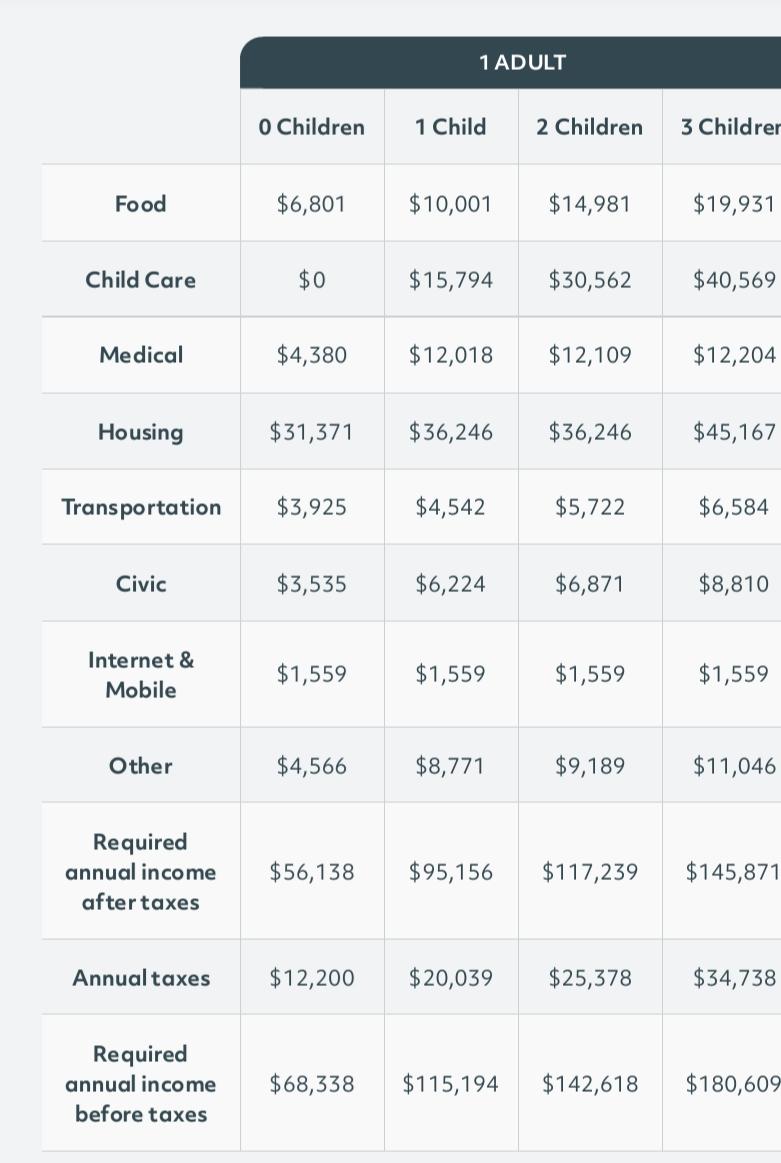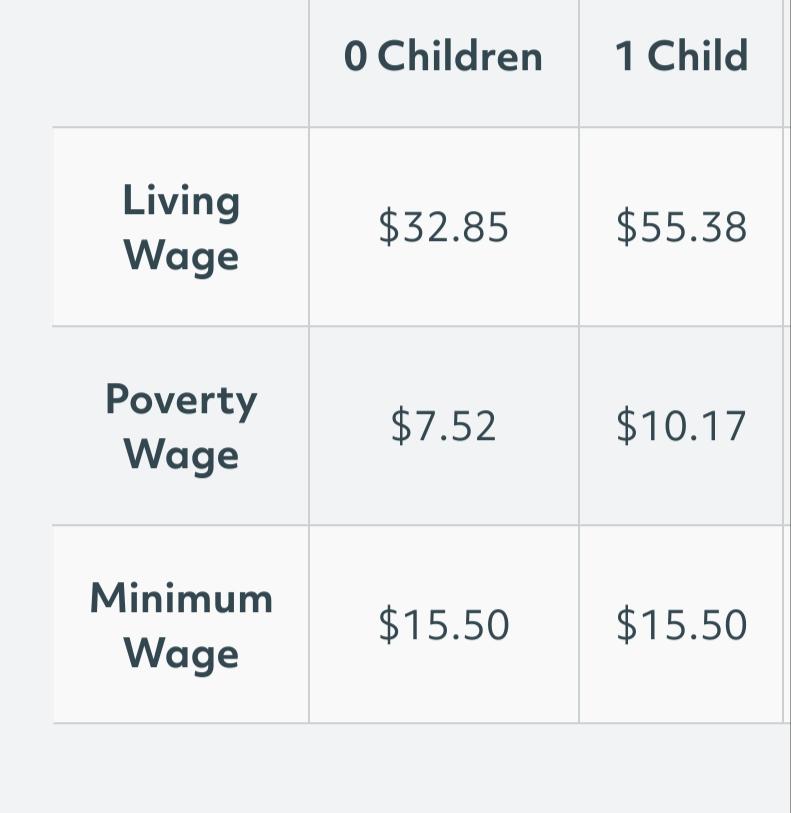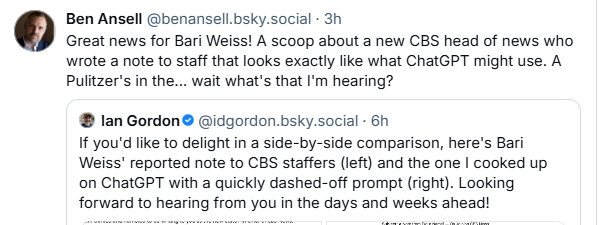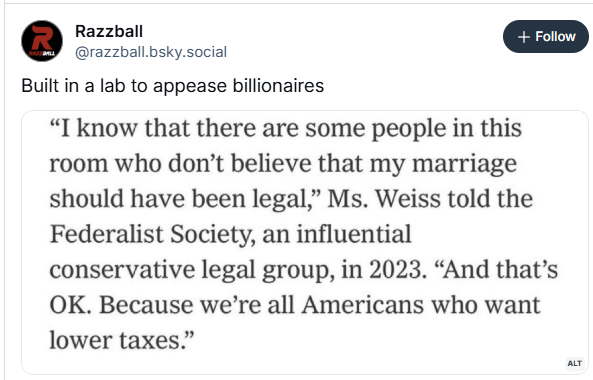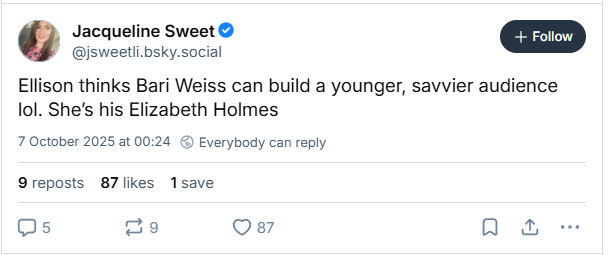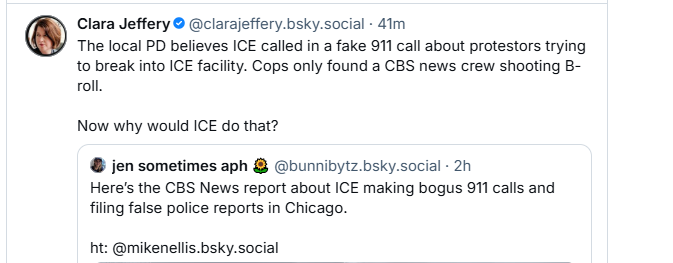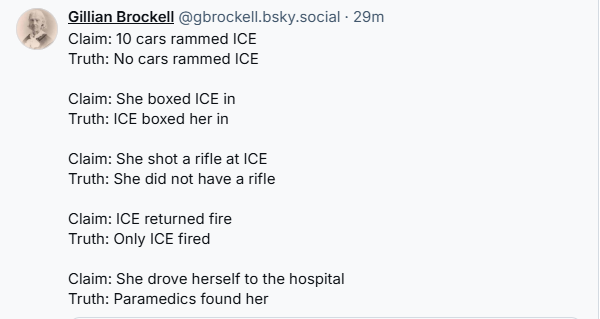Federal agents knock down elderly couple during Portland protest
“It was totally unprovoked. It was not the kind of crowd that shouts the ‘F word.’ It was people like us, our neighbors. There were families, there were several veterans,” Laurie Eckman told The Oregonian/OregonLive. “With no warning the feds charged into us, knocked us down and sprayed us. I was hit in the head with a projectile.”
https://www.oregonlive.com/politics/2025/10/federal-agents-knock-down-elderly-couple-during-portland-protest.html
#ICE #Violence #Trump #GOP #USPol #News #Press #Oregon #USA #US


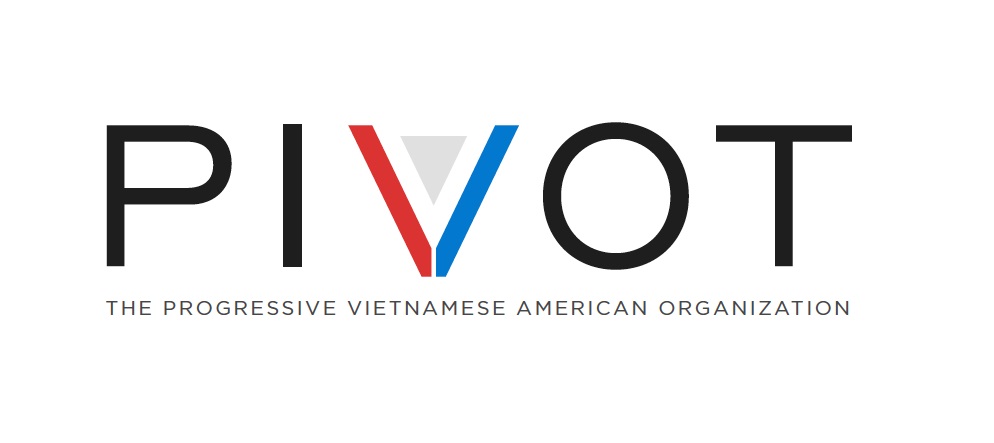
![Postcards with the American flag in red, white, and blue graphic features a blue circle with the message "Vote YES on Prop 50" in English and Vietnamese on one side. On the plain side, there are handwritten messages: "Xin chào [Voter’s First Name],
The future of our democracy is in your hands.Vote YES on Prop 50!
Tương lai của nền dân chủ nằm trong tay bạn. Xin bầu YES cho Dự Luật 50!"
- [Your First Name]](https://cdn.masto.host/medmastodoncom/media_attachments/files/115/328/267/197/330/763/original/9d304c91f5ce44d9.jpeg)


